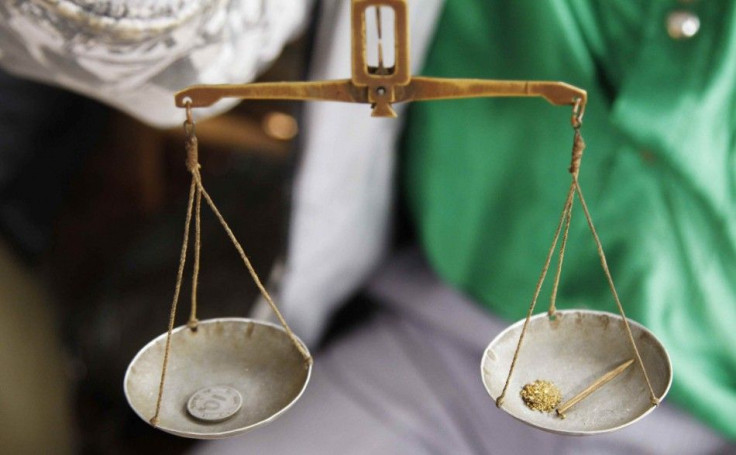Rio Tinto Gives Up Stake in Alaska Copper Mine, Donates to Charities

Global British-Australian mining giant Rio Tinto on Monday said it will give up 19 per cent stake in the highly controversial Pebble copper-gold project in Alaska. It would donate them instead to two state charities.
The charities were identified as the Alaska Community Foundation and the Bristol Bay Native Corporation Education Foundation.
That Rio Tinto bowed down to pressure, is already a major win in itself, Joel Reynolds, Western director of the Natural Resources Defense Council, said.
"Rio Tinto's donation of its interest in the Pebble Mine to local charities is the latest major blow to the project, and it is very good news for the people of Bristol Bay. By abandoning its 19.1 per cent interest in the Pebble Mine, the company has confirmed that the risks of the project are too great and the opposition of the region's residents too strong," Mr Reynolds said.
"Rio Tinto's decision is the latest demonstration that the Pebble Mine is economically and environmentally infeasible, even for the largest mining companies in the world. The company's decision to divest is a vindication of its stated commitment to sustainability in the region and the health, safety, and cultural heritage of the people of Bristol Bay, and its withdrawal serves the interests of the company's shareholders."
The U.S. Environmental Protection Agency in February blocked the development of the proposed massive copper and gold mine, noting the potential "irreversible harm" to the salmon fishery in the state.
In a statement, the EPA said the mine could destroy as much as 94 miles (150 kilometres) of salmon streams and 5,350 acres of wetlands, ponds and lakes in the Bristol Bay area.
Located in southwest Alaska, the proposed Pebble mine is touted as one of the world's largest mineral deposits of copper and gold, said to hold an estimated 81 billion pounds of copper, 5.6 billion pounds of molybdenum and 107 million ounces of gold.
"By giving our shares to two respected Alaskan charities, we are ensuring that Alaskans will have a say in Pebble's future development," Jean-Sebastien Jacques, Rio Tinto's copper chief, said in the statement.
Ron Thiessen, Northern Dynasty Chief Executive Officer, said in a statement he will meet with the charities "to better understand their long-term goals and aspirations."
Sen Lisa Murkowski (R-Alaska) lauded Rio Tinto for its divestment decision. "Instead of simply divesting, it has committed to investing in the education of Bristol Bay's next generation," she said. "This will help ensure that local residents have the skills to get or create the kind of jobs that will allow them to provide for their families."





















